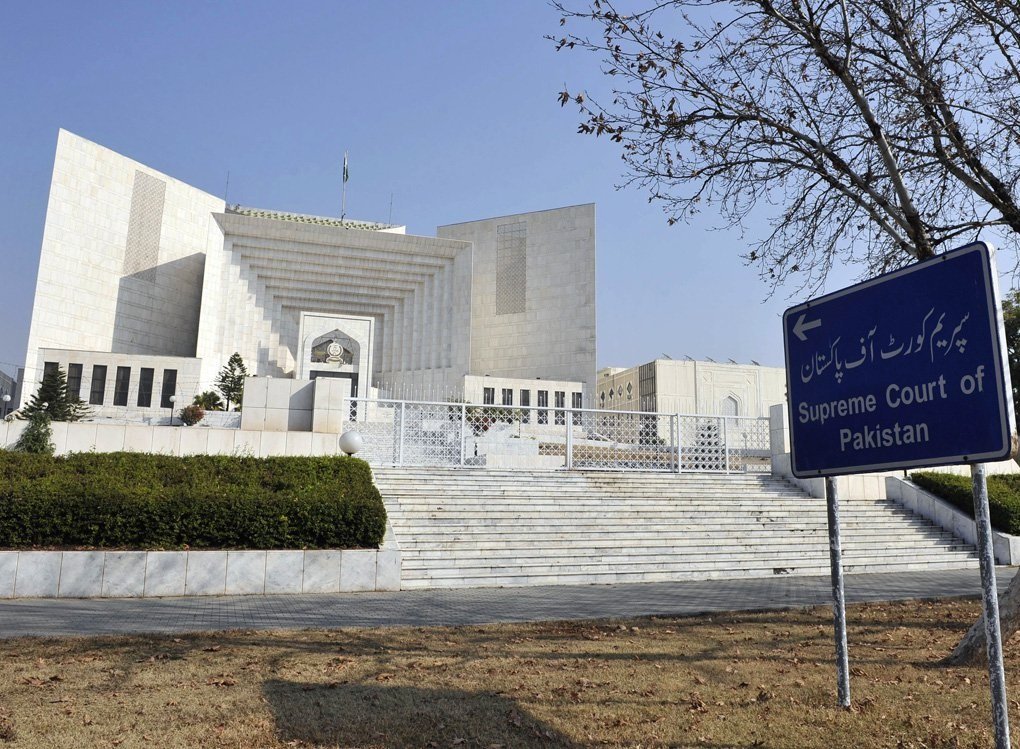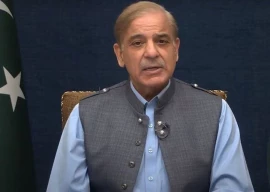
The country’s top court in its detailed verdict in the Justice Qazi Faez Isa case has set higher standards of accountability for superior judiciary judges and their family members.
The Supreme Court, in its majority judgment that quashed the presidential reference against Justice Isa, held that judges were answerable for the financial interests of their family members.
Even senior lawyers admitted that the apex court had accepted federal government lawyer Dr Farogh Naseem’s arguments on the principle of proximity by declaring that judges were supposed to be aware of the financial interests of their family members.
However, if they do not, then they are expected to make reasonable efforts to acquire such information, more so when they are questioned by a competent forum about it, according to the judgment authored by Justice Umar Ata Bandial. Currently around 140 superior court judges are working all over the country.
The detailed verdict issued on Friday referred to perks and privileges of judges and their family members during service and after retirement.
It read that these entitlements of a judge, which they shared with their family (their spouse and family members who were either dependent on them or with whom they has financial dealings) also carried certain responsibilities and obligations.
“One such obligation is the duty to enjoy these privileges with dignity, probity and discretion. Apart from the material benefits enjoyed by a judge’s family members during and after his service, they also receive an advantage from the respect and recognition extended, through association, by people who interact with them." It added.
The court observed that in these circumstances, the family members of a judge were required to be careful (financially, socially and politically), moderate and fair in their dealings and exchange with others to avoid controversies that might embarrass the judge.
"Although these responsibilities are shared by family members of all public office holders, they apply with particular force to family members of judges as the latter are expected to be the embodiment of a person who is God-fearing, law-abiding, abstemious, truthful of tongue, wise in opinion, cautious and forbearing, blameless, and untouched by greed," the verdict read while referring to Article II of Judges Code of Conduct.
The court noted that high standards of propriety were expected of a judge and their family members.
The court also referred to former SC judge Justice Khilji Arif Hussain’s note in the Arsalan Iftikhar case wherein it was observed that although family members of public functionaries were, properly speaking, not performing state functions, the alleged facts of the case highlighted the necessity of extreme caution and discretion in their private and public dealings and conduct.
“Generally, every adult individual is recognised in law as an independent entity. However, different principles apply in relation to family members of public office holders. This is because any irresponsible act on the part of a family member may reflect adversely on the Judge. This approach is recognised by the Judicial Codes of Conduct of various countries,” the judgment read.
The court observed that at first glance, an obligation to remain informed about the financial affairs of one’s family members seemed archaic because modern jurisprudence emphasised upon the need for the protection of the rights of the individual against the state and society.
However, it added that to understand the rationale behind the obligation on judges to make reasonable efforts to be informed about or to watch over the financial affairs of their family members, one had to understand the nexus of this obligation with the nature of judges’ work and the position they occupied in the society.
“Judges exercise pre-eminent authority under the law. They adjudicate disputes between litigants, hold parties appearing before them accountable and impose liabilities and grant relief to such parties. With their authority comes an even greater responsibility to decide cases fairly, independently and in accordance with law. In such a situation, it is imperative for a Judge that he should make reasonable efforts to be informed about the financial interests of his family members for the simple reason that if a case comes before him which directly or indirectly involves the pecuniary, proprietary or other personal interests of any of his family members, he can recuse himself."
The court noted that judges were not as insulated from the conduct of their family members as were ordinary private citizens. “We need to consider the extent of the obligation on Judges to be aware of the financial interests of their family members. Both the UN Resolution 2006/23 (endorsing the Principles) and the United States Code of Conduct simply state that judges need to make reasonable efforts to be informed about the financial interests of their family members. However, neither elaborate upon the scope of this obligation. Consequently, its ambit needs to be determined.”
The verdict further read that what constituted ‘reasonable effort’ on the part of judges would depend upon the circumstances of each case. “However, a plea of lack of knowledge by a judge in relation to the financial affairs of his family members is untenable in light of the general trend in international practice, the obligations imposed on a judge under the Code of Conduct and the law relating to public officeholders including judges.”
Accordingly, the court added, there was a continuing obligation on a judge to keep themselves informed about the financial interests of their family members. “This view is consistent with the Preamble of the Code of Conduct which emphasises that the judges of superior courts of the country are role models for their fellow men and women. Such an elevated standard of conduct is demanded from judges so that the institution of the judiciary enjoys the trust and confidence of the nation for its integrity, probity, independence and transparency.”
The court also noted that unless the source of funding for the London properties was duly explained by the petitioner’s [Justice Isa] family, it would allow the resulting public controversy to continue which was neither beneficial for the petitioner in his personal capacity as a judge nor for the institution of which he is a part.
Review petition
Challenging the short order issued earlier by the court, Sarina Isa, Justice Isa’s wife, said the new class of people that the court had created, including judges’ spouses and children whose assets and liabilities had been elevated to the status of public importance, impinged on the fundamental rights of all citizens of the country.
She said the creation of such a class backed by a judicial order without any foundation in law might be seen to be invidious and discriminatory. The petitioner said under Article 194 of the Constitution, all judges of the superior courts took the same oath under the third schedule.
“All judges of the superior courts abide by the same code of conduct, and their violation of the same is dealt with by the same forum, the SJC, under Article 209 of the Constitution,: she stated in her petition.





1725030039-0/Untitled-design-(2)1725030039-0-165x106.webp)












COMMENTS
Comments are moderated and generally will be posted if they are on-topic and not abusive.
For more information, please see our Comments FAQ